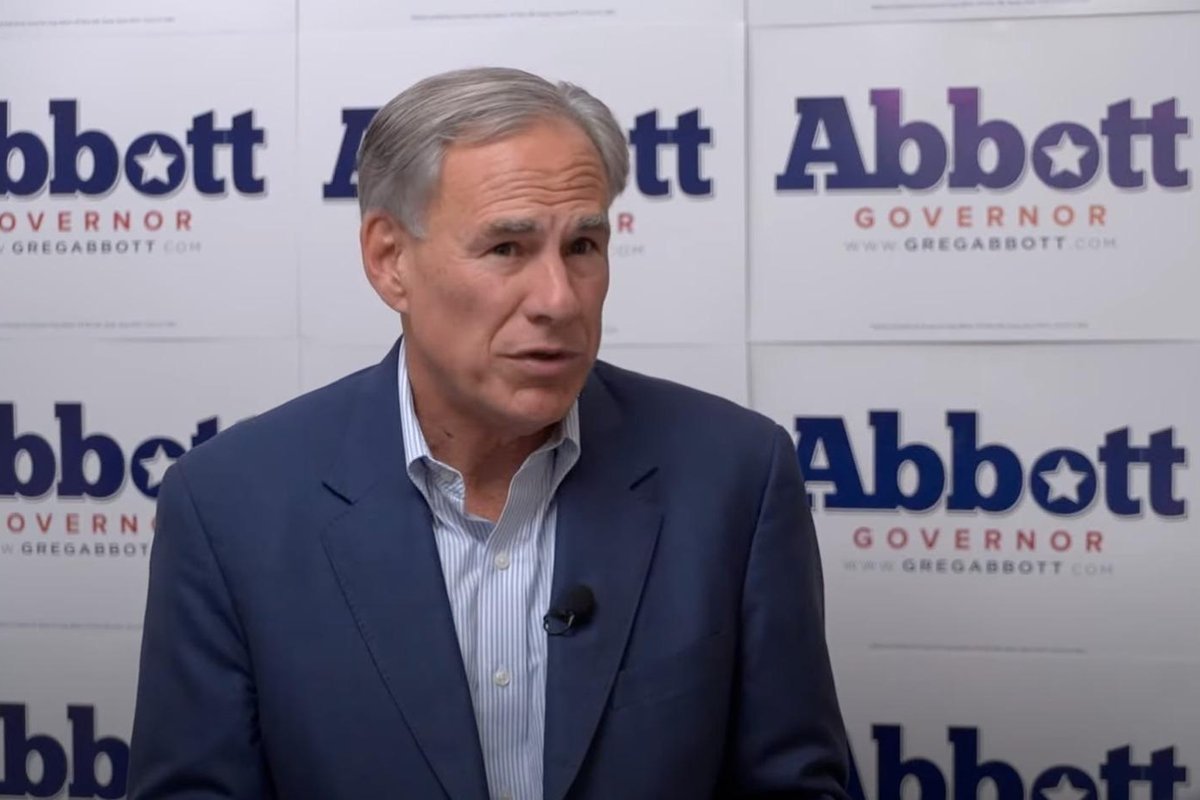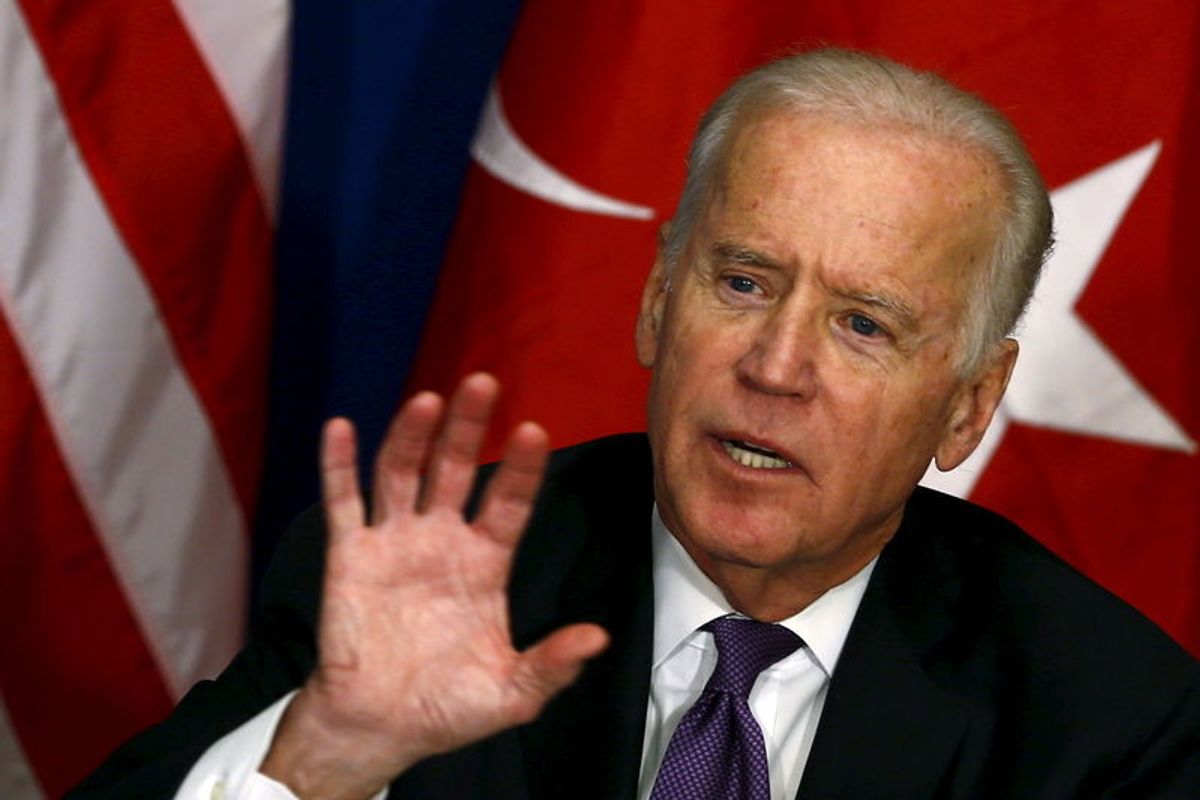Jan. 27 (Bloomberg) — Sometimes a single fact stands out amid all the clutter, offering a flash of insight and clarity. Here is one of them: Citigroup Inc. Chief Executive Officer Vikram Pandit is a co-chairman of the World Economic Forum’s annual meeting this week in Davos, Switzerland.
At first blush, the notion might seem almost ho-hum, a non- event. Upon further consideration, this looks like it can’t possibly be right. Then it turns out, much to our amazement, that the story is accurate, confirming once again that our world is stark mad. You really have to wonder why anyone outside of Citigroup would pick Pandit to lead anything.
It’s one thing for Citigroup to blow itself up so spectacularly that it needs multiple taxpayer bailouts to stay afloat. What seems strange is that an organization like the World Economic Forum would honor the fellow who was Citigroup’s CEO throughout most of the financial crisis, by selecting him as one of its six co-chairmen. If Sheila Bair had gotten her way when she was head of the Federal Deposit Insurance Corp., Pandit would have been fired years ago.
It’s stunning when you think about it: How does Pandit, who owes much of his fortune to the American public’s largess, wind up being showcased as a paragon of leadership and free enterprise, little more than a year after the U.S. Treasury finally sold the last of its Citigroup common stock?
And what message are the rest of us are supposed to take away from this? That his example is to be celebrated?
Maybe the distinction bestowed on Pandit should be of no surprise at all. Founded in 1971, the World Economic Forum describes itself as an international organization of large corporations that is “committed to improving the state of the world” with “no political, partisan or national interests.” But it’s becoming hard not to suspect that the annual gathering in Davos has become a conclave for global elites to promote crony capitalism and state-backed enterprise, ensuring that national coffers remain available to be tapped for private gain.
Pandit joined Citigroup in 2007 after selling it his Old Lane Partners LP hedge fund, which the bank shut the following year. Pandit’s take from his share of the sale was $165 million, the last $80 million of which he received in July.
In February 2008, two months into his job as CEO, Pandit certified in Citigroup’s 2007 annual report that the company’s internal controls were effective. Eight days before he did that, the U.S. Office of the Comptroller of the Currency had sent him a seven-page letter detailing all sorts of ways in which Citigroup’s controls were inadequate.
In November 2008, in spite of the company’s insistent refrain that it had “very strong capital,” Citigroup took a second federal-bailout package. That boosted its proceeds from the Troubled Asset Relief Program to $45 billion, plus $301 billion of asset guarantees. Another rescue came in 2009, when the Treasury Department let Citigroup repay $25 billion of its bailout money in common shares rather than cash.
Then in March 2010, appearing before a congressional oversight panel, Pandit said Citigroup was a healthy institution back in November 2008 when the government saved it from going under. Short sellers (of course!) were to blame for the bank’s problems, he said.
Today Citigroup says it has returned to profitability, although investors remain skeptical. At a recent price of $30.25 a share, down 90 percent since Pandit was named CEO, Citigroup trades for about 50 percent of its common shareholder equity. In other words, the markets believe that about half of the $178 billion book value on Citigroup’s balance sheet is imaginary. The company probably wouldn’t be standing were it not for its implicit guarantee from the U.S. government.
Is this the right man for the World Economic Forum to pick as one of its co-chairmen for this year’s Davos extravaganza? Pandit’s bromides at a press conference this week were the sort of filler any college advertising major could have written.
“Banks have to serve clients, not serve themselves,” Pandit said. (Were they not serving clients before?) Or this: “It’s important for the financial system to acknowledge that there’s a great deal of anger that’s directed at it for the crisis, and trust has been broken,” he said. “We’ve got to start addressing that.” The unwashed protesters at Zuccotti Park had keener insights than this.
Or perhaps the problem here is me, and I’m looking at the situation the wrong way. For all we know, these little rough patches in the financial industry offered just the kind of hands-on experience the forum’s organizers were looking for in a leader, in which case they found their man.
Maybe if Citigroup blows up again someday, they could put Pandit in charge of the whole conference.
(Jonathan Weil is a Bloomberg View columnist. The opinions expressed are his own.)


